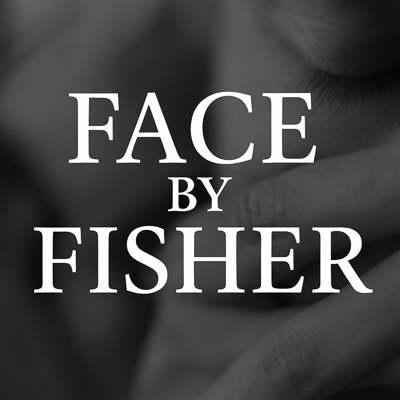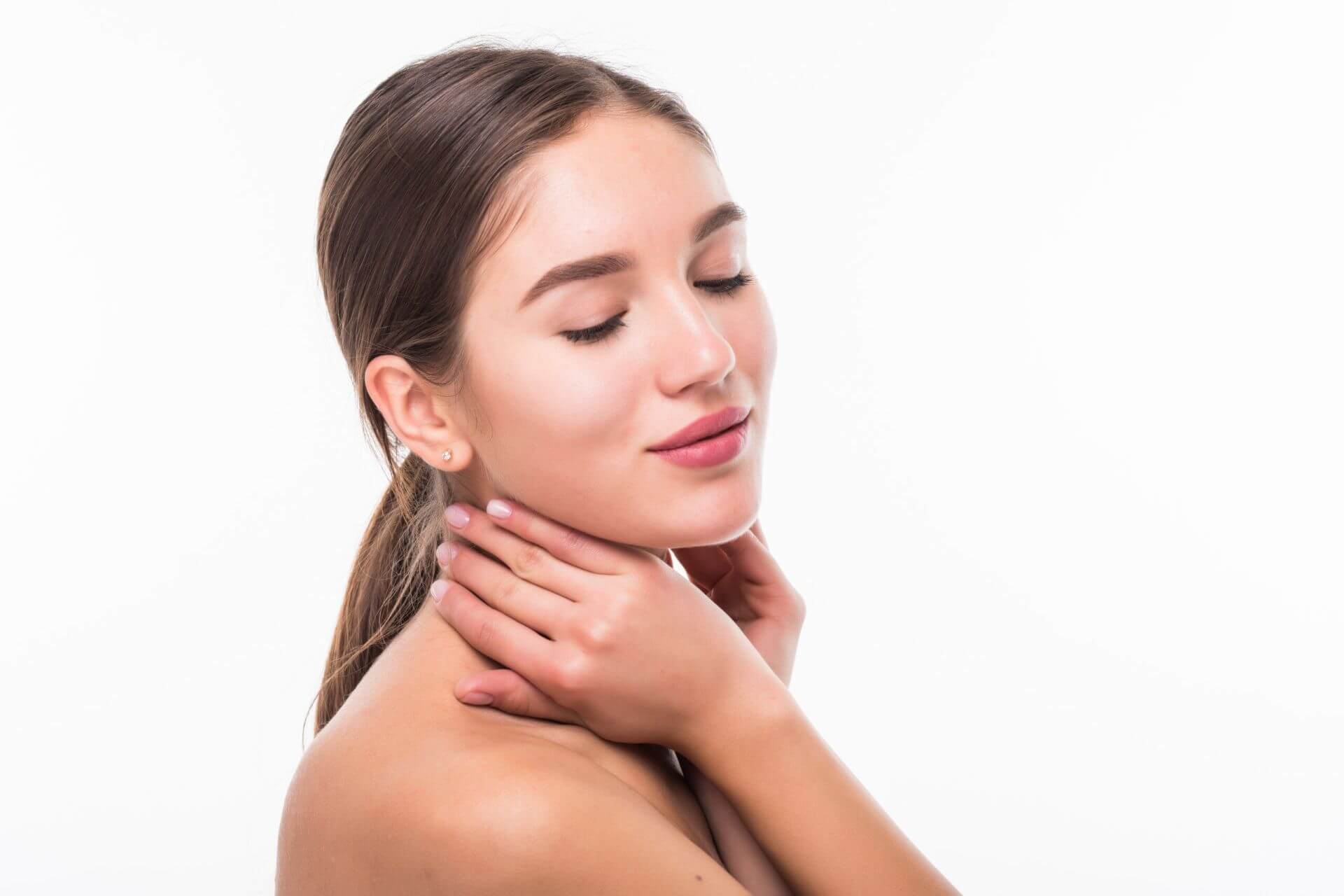According to the American Society of Plastic Surgeons, lip augmentations are on the rise year after year. The goal of lip fillers is to give the lips a fuller and plumper appearance. Lip fillers are mainly made of hyaluronic acid, a naturally occurring compound in the body. Although the lip filler procedure is a simple one and is minimally invasive, the effect is not permanent, and you will need to get future injections to maintain your lip fillers. To get the most of lip fillers, it is important to take care of them after the procedure. The aftercare instructions for lip injections are not overwhelming, but understanding the specifics can help you make an informed decision about whether lip fillers are right for you.
Aftercare Tips for Lip Fillers
Lip fillers are the most popular way to increase the size of your pout. Since they are minimally invasive and have a shorter recovery time than surgery, they are a popular and safe option for plumper and smoother lips.
1. Apply ice.
After your lip injections, you can expect some minor swelling and tenderness. You might also experience redness and bruising around the injection sites. Apply an ice pack to your lips to help reduce inflammation, pain, and redness. You can make your own ice pack using an ice cube covered with cloth.
2. Avoid strenuous activity for 48 hours.
When we exercise or engage in strenuous activity, our heart rate and blood pressure increase. The increased pressure in your lips may worsen any swelling or bruising. Light activity such as walking is okay, but be sure to rest for a day or two after your lip injections.
3. Avoid hot environments such as saunas, and avoid flying altogether.
While ice and cold temperatures can help alleviate swelling, high heat can increase swelling. It is also best to avoid flying for at least a week after your lip injections. The changes in air pressure in the cabin of a plane can worsen swelling and bruising.
4. Keep your head elevated.
To keep inflammation in check, keep your head elevated. At nighttime, it is recommended to sleep on an extra pillow to keep your head elevated. Avoid sleeping on your face.
5. Stay hydrated.
Drinking water and eating hydrating fruits and vegetables will help your body heal. Avoid excess salt, which can make swelling worse. Avoid alcohol, which can cause inflammation.
If you choose to take painkillers after your procedure, check with your doctor first. Typically, Tylenol (acetaminophen) is fine, but it is recommended to avoid painkillers that have blood thinning effects such as ibuprofen or aspirin. You should not smoke after getting lip injections, and you should also avoid being around others who do smoke. Smoking can increase the risk of infection.
Lip injections aftercare is very manageable, but it is important to be mindful and intentional about taking care of your lips and your health following the procedure. You will notice immediate effects after your lip injections, but once the swelling goes down the results will be a little more subtle. It takes about a month for lip fillers to fully settle, and the results should last about six months.




